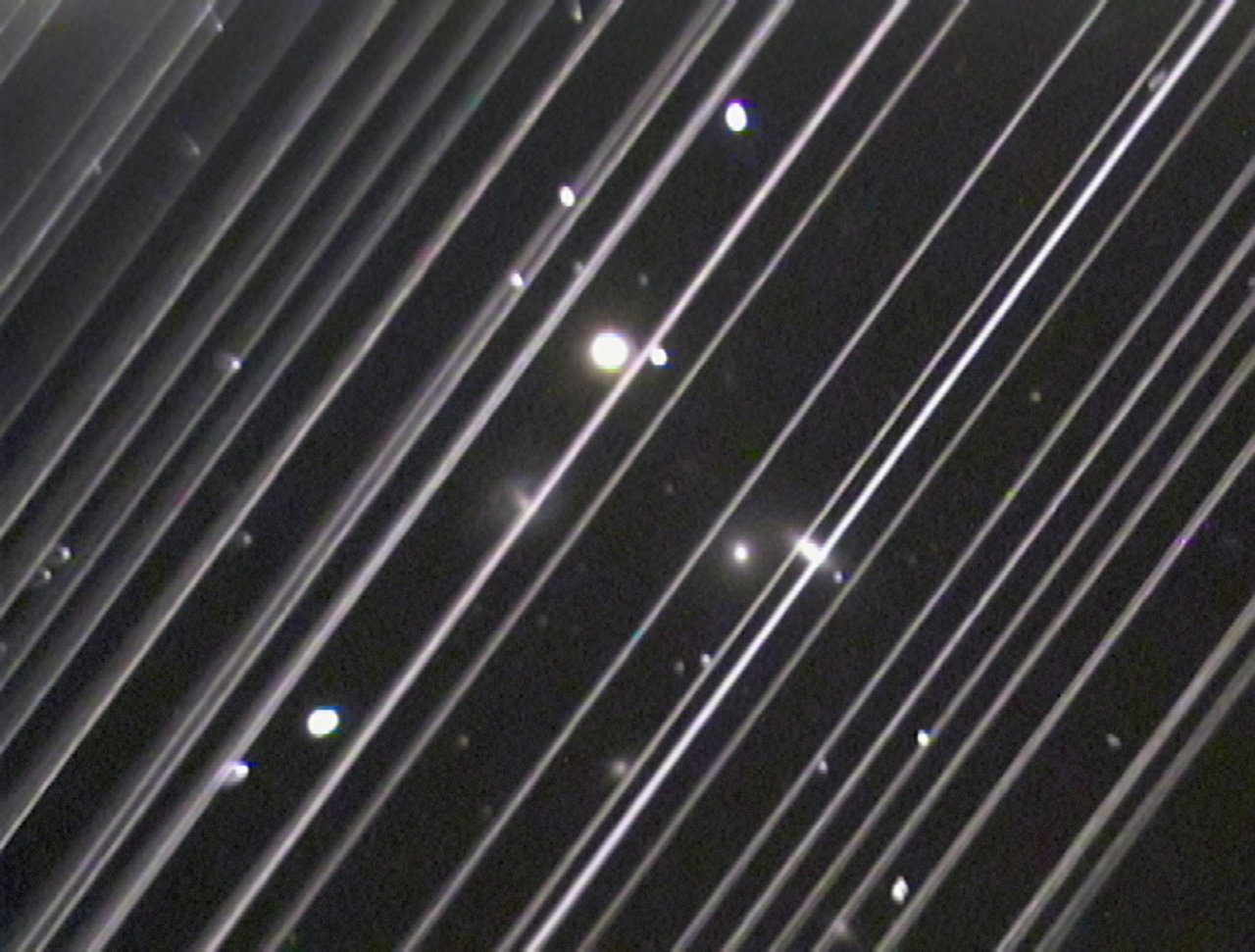Private Space Companies Could Be Bad News for the Planet

by Erica Kuhlmann ’22

Amazon founder Jeff Bezos exited the atmosphere this past July in the rocket “New Shepard,” built by Bezos’ private space company Blue Origin. New Shepard is the first private rocket to cross the internationally recognized marker of outer space and seems to mark a new age in space travel.
Blue Origin is just one of several companies at the front of the blossoming “space tourism” industry, which would eventually allow (theoretically) anyone to take a trip to space for the right price. Other players include SpaceX, owned by tech billionaire Elon Musk, and Virgin Atlantic, owned by billionaire entrepreneur Richard Branson. There is an emerging trend of some of the world’s richest individuals investing in space travel and technology. Unlike organizations like the National Aeronautics and Space Administration (NASA), these companies and individuals are privately funded and serve private interests. The men running these companies are not rocket scientists, or astronomers, or aerospace engineers, but they are businessmen. They may not have the best interests of science and the atmospheric environment in mind. One rocket launch can release up to 300 tons of carbon dioxide into the atmosphere. Rockets that aim to release less carbon, like New Shepard, still release other particles like soot that can be disproportionately harmful even when only a small amount is released. Even seemingly innocuous substances like water vapor can have warming effects when released directly into the upper atmosphere. This has always been true of rocket launches, but in previous decades it has not had a significant impact compared to other sources of pollution because of the small number of rocket launches overall. A multibillion dollar space tourism industry, launching hundreds or thousands of people to space a year, could easily see rockets becoming a formidable source of emissions.
All this space activity also creates consequences that directly affect outer space itself. SpaceX’s Starlink project has put more than 1,300 satellites in orbit in the last three years, and has plans for 42,000 more. Amazon recently announced a project to put over 3,000 satellites of its own in place. Objects in orbit reflect light down to earth, and the amount of satellites currently in the sky already increases light pollution to a degree where it is interfering with astronomical observation, and there seem to be no signs of slowing down. The Starlink project in particular creates satellite “mega-constellations”: trains of satellites that create glowing streaks across the sky. As more small satellites are placed in orbit, collisions will become more frequent, only further increasing the amount of manmade debris floating around Earth.
The reckless plans laid by these private companies beg the question: should there be more regulations on space-related industries? Current restrictions on commercial rocket launches and satellites primarily aim to address the issues of safety and international jurisdiction. Many industries have survived an increase in regulations over the past few decades as environmental preservation becomes a primary concern. Not only will the degradation of Earth’s surrounding outer space negatively affect the planet, but space is a valuable part of the environment and deserves to be protected. Space industries have seen a massive boom these past years, and it seems as though laws governing them are in need of a change in order to effectively preserve the final frontier.